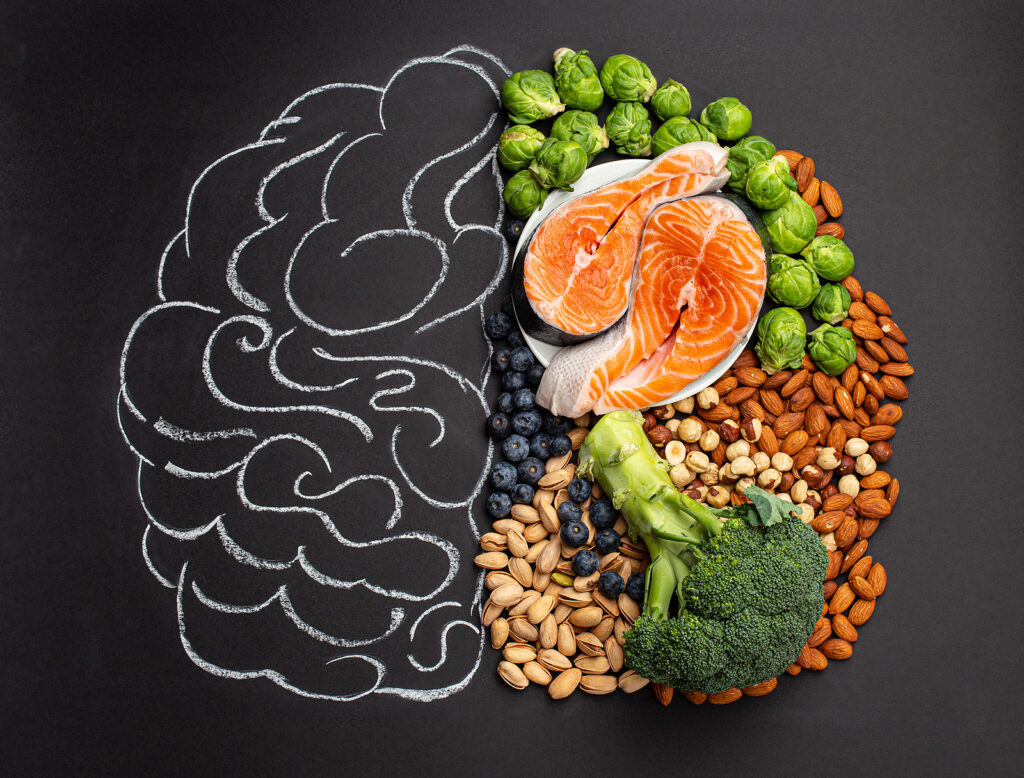A new study published in the British Medical Journal (BMJ) has found that ultra-processed foods (UPFs) are directly linked to 32 harmful effects to health. It has been known for some time that this type of food, such as microwave meals and sugary cereals, can potentially cause serious health issues such as heart disease, cancer, and type 2 diabetes.
The new study, by a team of international researchers, has also identified UPFs as a cause of worse mental health. The experts reviewed existing data published in the last three years from 9.9 million people. This is described as an ‘umbrella review’ that involved studying in-depth 14 past research articles on UPFs and health outcomes.
Despite a greater awareness of the risks, the world’s consumption of ultra-processed foods continues to rise. They include products such as fizzy drinks, packaged snacks such as biscuits and protein bars, crisps, and ready-meals. These foods contain a lot of artificial colours, flavours and additives and often contain low nutritional value.
Furthermore, these foods are often high in fat, salt and sugar, and are deliberately formulated to stimulate cravings for more by activating certain responses in the brain and body, causing a release of dopamine. This rush of pleasure chemicals brings instant satisfaction, but the effect is brief and soon followed by a crash or come down.
This neurochemical process can trap people in a cycle of addiction. After the crash, the consumer of UPFs may feel irritable, fatigued, and experience problems with mental focus. Researchers believe that this can eventually cause inflammation in the brain and body that leads to worse mental as well as physical health.
Writing in the BMJ, the research team concluded: “Overall, direct associations were found between exposure to ultra-processed foods and 32 health parameters spanning mortality, cancer, and mental, respiratory, cardiovascular, gastrointestinal, and metabolic health outcomes.”
They added: “Greater exposure to ultra-processed food was associated with a higher risk of adverse health outcomes, especially cardiometabolic, common mental disorders and mortality outcomes.”
“These findings provide a rationale to develop and evaluate the effectiveness of using population-based and public-health measures to target and reduce dietary exposure to ultra-processed foods for improved human health.”
The researchers found that a higher consumption of UPFs was associated with a 48 to 50 percent increased risk of developing anxiety, depression, and other common mental health problems. UPFs are usually heavily marketed at children and young people and deliberately priced at the lower end of the market.
Nutritional experts and doctors frequently advise people to avoid all highly processed foods and eat a mainly plant-based diet consisting of fresh fruits and vegetables, pulses, nuts, seeds, wholegrains, and oily fish. This advice can be rather daunting, particularly for people who are already prone to mental health conditions such as anxiety and depression.
Our relationship with food can be complex, because we eat certain types of food not just for sustenance but also for enjoyment, convenience, comfort, celebration, and a whole range of other reasons. For many people, suddenly ditching all UPFs is just not a realistic or achievable option.
If you run a busy household and have children to feed, then chances are some ‘bad’ foods make up part of your diet. If you struggle with a mental health condition such as low moods or anxiety, then giving up all ‘treat’ foods such as cakes and biscuits could simply exacerbate the problem, or make someone feel like a failure for not changing their diet.
Instead, it might be best to start small with simple adjustments to your eating habits. For example, make smaller changes at first, such as swapping out a bowl of sugary breakfast cereal for porridge sweetened with a little honey or fruit.
If you struggle to include enough vegetables in your diet and do not have time to cook from scratch every day, then you may want to consider including some food supplements. For example, organic seaweed powder such as Irish moss is loaded with nutrients, vitamins and other minerals including potassium, manganese, phosphorus, bromine, calcium and zinc.
It can be sprinkled on salads, stews, dips, pasta, or any other meal, or added to recipes to provide extra substance. This is a simple way of enhancing your diet and boosting your chances of better health outcomes.

